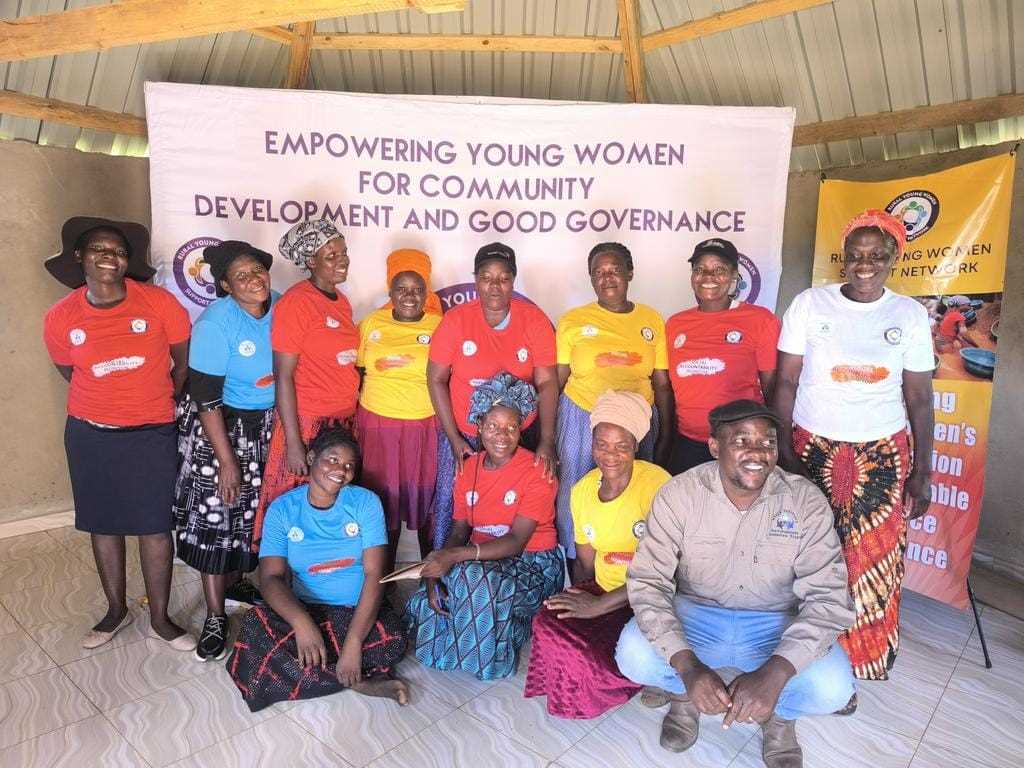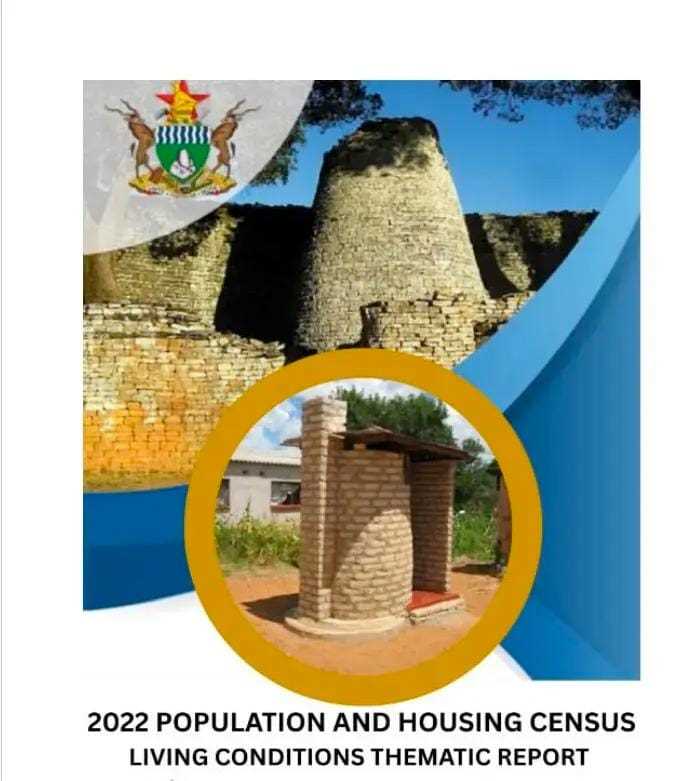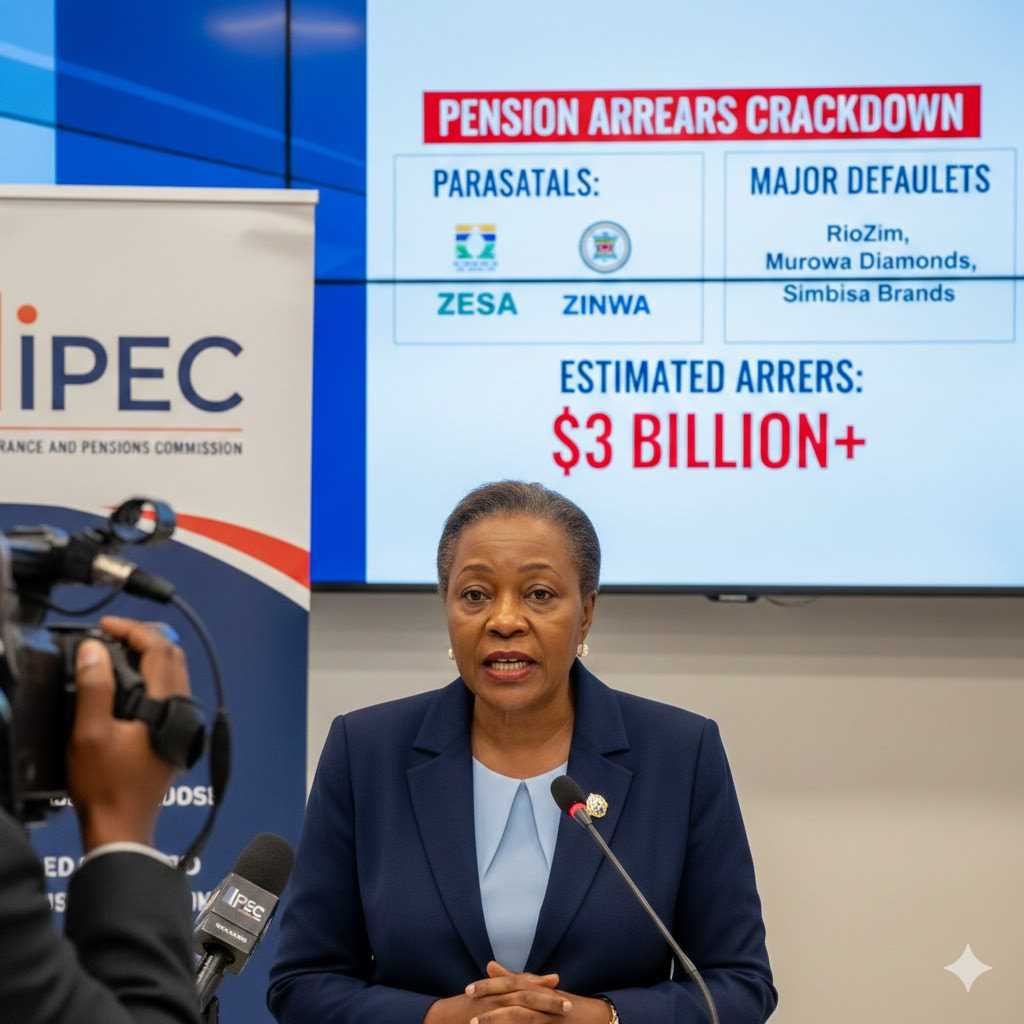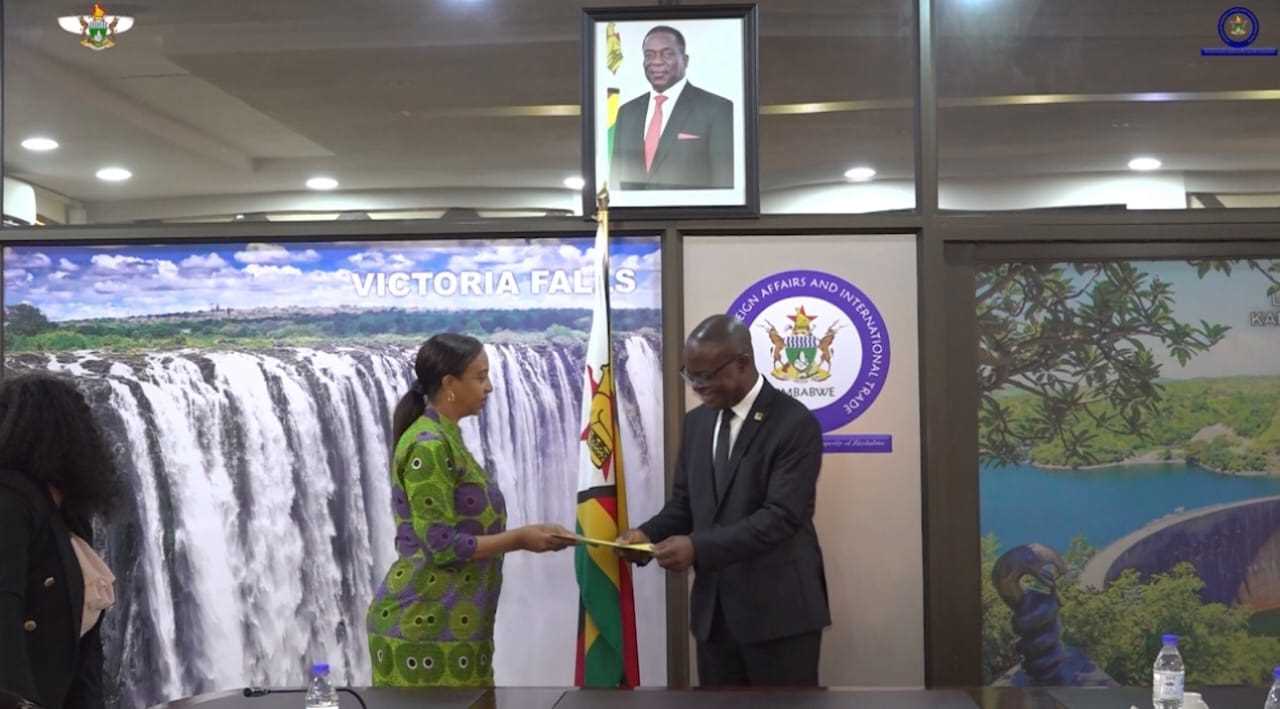
The High Court has reversed an arbitrator award of US$14 million in back pay to Mazowe Mine workers on the grounds that the workers where represented by a union and that the arbitrator did not follow the Supreme Court on converting balances at the end of dollarization.
Justice Tawanda Chitapi held that the suit before the arbitrator was incompetent because it had been initiated by Associated Mine Workers Union of Zimbabwe, a non-suited party at law.
Justice Chitapi further ruled that even if the workers had presented their case in their own stead, instead of through the union, the award would still be nullified as the arbitrator had not followed the ruling of the Supreme Court over how to convert bank balances at the end of dollarisation, and arbitrators must follow the law in their decisions.
The award would have seen Mazowe Mine pay its workers’ salaries owed to them totalling US$14 049 737 or the equivalent in local currency at the prevailing auction exchange rate on the date of payment.
AMWUZ, represented by Advocate Tinomudaishe Chinyoka, was the applicant at the arbitral proceedings on the grounds that the workers were affiliated to the union.
But Mazowe Mine, through its lawyer Adv Thabani Mpofu, opposed the registration of the award and sought the nullification of the award on the basis that it was in conflict with public policy.
Related Stories
The judgment disposed of the two applications after the court consolidated the cases for purposes of hearing.
Ruling on the legal standing of AMWUZ, the court found that the union could have no standing in law at the arbitration. Therefore the award was a nullity.
Adv Mpofu argued that the arbitrator reached verdicts not supported by the Reserve Bank of Zimbabwe exchange control directive converting US dollars’ accounts into RTGS accounts.
The currency reform that saw all balances and liabilities denominated in United States dollars before February 22, 2019 becoming balances in Zimbabwean dollars at par with the United States dollar, has since been endorsed by the Supreme Court, whose judgment remains precedent.
Justice Chitapi agreed with Adv Mpofu’s submissions that it offends the public policy of the country to allow an arbitral award in which the arbitrator interprets the law contrary to precedent of the highest court of the land in all matters not constitutional to stand.
This, the judge said, would conflict with the public policy of Zimbabwe wherein courts are guided by and must apply the law.




















Leave Comments